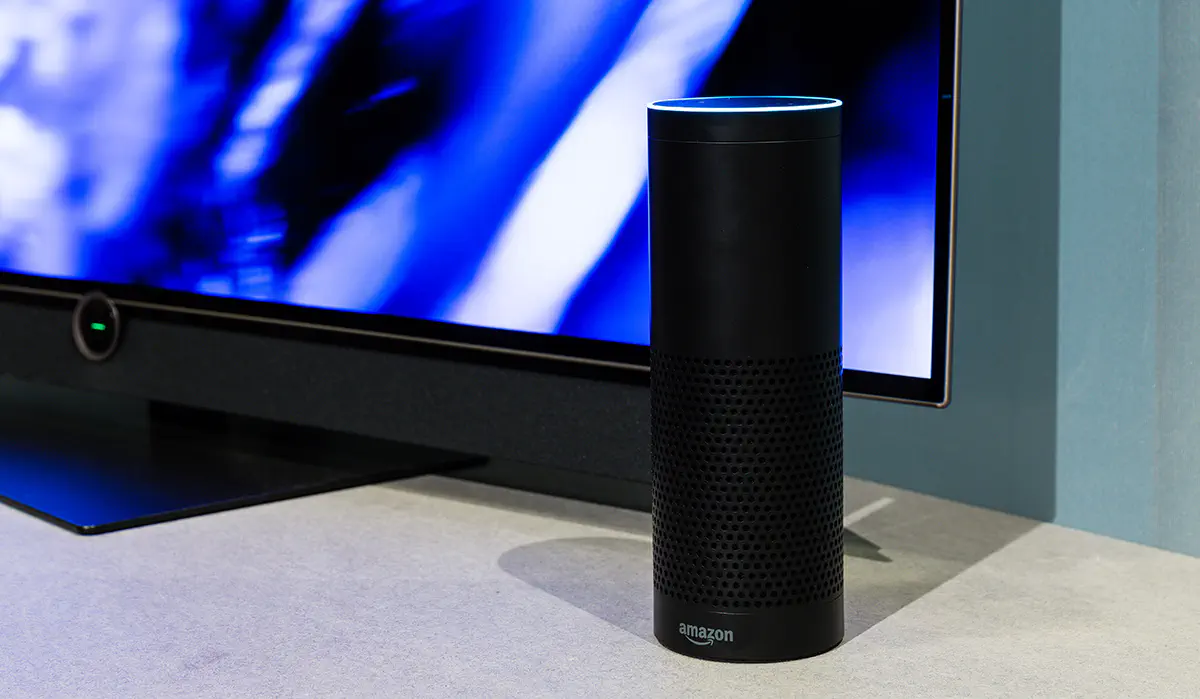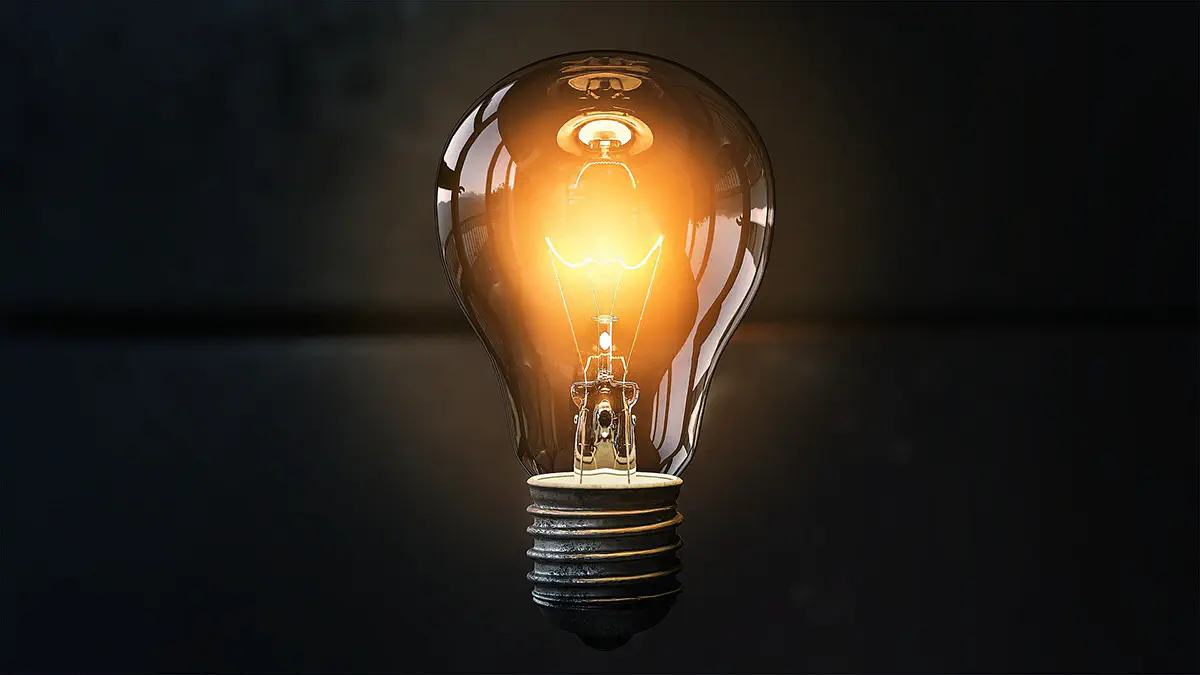What You Need to Know About Voice Technology and HIPAA

Voice technology has gained significant momentum over the past several years and is on track to impact billions of people in the years that lie ahead. Amazon Alexa and Google Home are popular devices that utilize voice technology and are becoming more frequent within households across America. As voice assistants, technology enables people to create grocery lists, inquire about factual information and even make purchases.
Voice technology is being utilized in the medical industry as well, though its applications look much different than those of the consumer world. It’s expected to be highly utilized within the healthcare vertical, with an annual value of around $20 billion.
AI powering change in healthcare
AI and machine learning have been making waves across industries for years. Algorithms that allow computers to learn independently of programming and get smarter over time and exposure to data enable computers to take on more and more tasks, allowing human talent to spend time on more strategic tasks.
Deep learning - a subset of machine learning - can even make inferences based on data it has come across previously. In short, deep learning allows an AI application to come to its own conclusions. Deep learning solutions can even explain their reasoning and decisions, presenting a major upside when it comes to the kind of complex decision-making that happens in healthcare.
The use cases run the gamut and prove fascinating in terms of how technology can provide care to people.
One such use case is enabling AI-powered virtual assistants to provide round-the-clock care to those who need on-demand care, like those with chronic diseases that have flare-ups, disabled patients, and those distant from in-person medical centers. Other cases include voice-to-text software to help with clinical documentation. This can reduce the time burden of data entry which can steal physician time away from patient care.
All in all, this AI-enabled technology promises to ease time burdens on physicians and reduce costs associated with administrative needs.
That said, there are Health Insurance Portability and Accountability Act (HIPAA) implications that people and organizations need to be aware of, too. Securing server platforms is the most obvious; however, voice technology brings other implications with it. One of the biggest threats is the unintended audience for a call. Obviously, where patient health data is concerned, there are strict HIPAA rules about who can access that information. Controlling access in the era of voice assistants is an important consideration.
Voice technology and HIPAA
Currently, Amazon has rolled out the only HIPAA-eligible environments in terms of smart speakers. This means organizations must consider how patient data is interacting with voice technology and whether or not those interactions are HIPAA-compliant when experimenting with these new technologies. Additionally, it’s not just the smart speaker or voice assistant itself that must be HIPAA-compliant, but the entire system it is connected to must be as well.
Another use case could be to have smart speakers recite patient information from their chart while in the room with a doctor; however, this brings HIPAA concerns as well.
For example, if the patient is in the room with a support person, is it appropriate to have the voice technology recite sensitive information about medications or other health histories? Could that information potentially be suppressed from being expressed by a voice assistant?
It’s a similar situation for doctors who may use this type of technology to brief themselves on patient cases in their car, say, during their morning commute. This could save significant time, but just how private is that data? Obviously, this would not be appropriate in a public setting or with other unauthorized parties in the car.
Scenarios like this require a look at the setting of transmission of sensitive healthcare information and how voice technology may respond to it. Doctors doing rounds are constantly transitioning from patient to patient and could benefit from receiving information about each patient ahead of time. That said, voice technology that just spouts patient info aloud in an elevator is not ideal. Voice technology that can sense whether a doctor is wearing headphones and triggers audio versus a doctor who may be around unauthorized parties, triggering a text-to-phone display instead, would be ideal.
It’s important to look at this type of technology from the patient’s perspective, too.
Voice technology that can remind someone to take their medicine at a given time can be a good reminder for patients to stay on a schedule. On the other hand, no one wants a voice memo to take Viagra while walking down an aisle at the grocery store.
Having the option to transition between modes of communication depending on location and situation will be integral to the success of voice technology within the healthcare field.
While the advancements in voice technology and their applications in the medical field are exciting, there are still many kinks to be ironed out in terms of HIPAA compliance. As developers and doctors explore different use cases, the do’s and don’ts will likely become more clear. In the meantime, those in the healthcare industry are advised to use caution and err on the side of compliance.
Don't want to miss anything?
Subscribe and get stories like these right into your inbox.
Keep reading

Image Recognition in Healthcare: How AI Is Transforming Medical Diagnostics
Explore how image recognition in healthcare improves diagnostics across radiology, pathology, and ophthalmology. Learn where AI delivers real results and how to build your own solution.

How Machine Learning Can Unlock New Business Opportunities
Machine learning (ML), business intelligence (BI) and artificial intelligence (AI); we have got beyond these being mere buzzwords. A whole industry has grown up around them, worth billions.

Predictive Analytics in Healthcare: Improving Efficiency
The healthcare industry encompasses services like prevention and treatment of diseases. Experts have spent decades working to improve operational efficiency.
Contact us
Let's explore how our expertise can help you achieve your goals! Drop us a line, and we'll get back to you shortly.